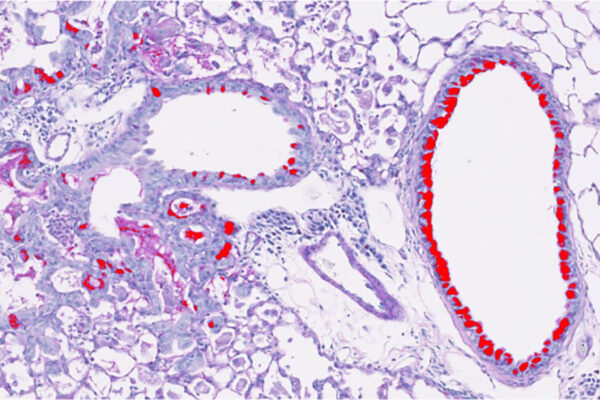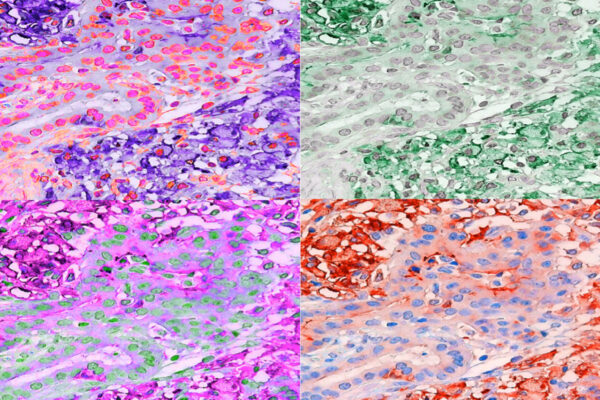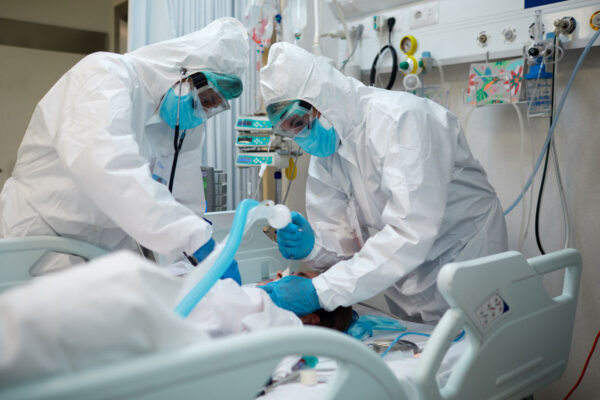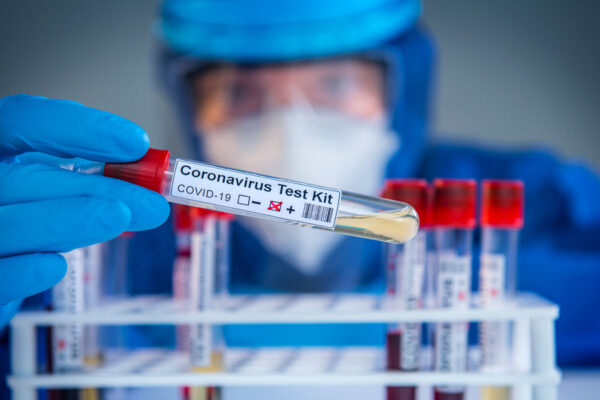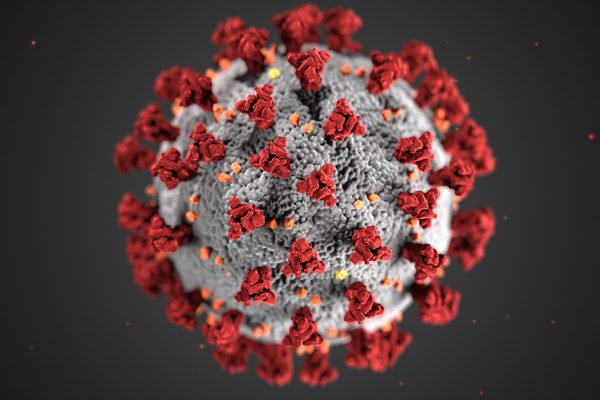Major weight loss — whether from surgery or diet — has same metabolic benefits
Gastric bypass surgery is the most effective therapy to treat or reverse type 2 diabetes in severely obese patients. New research from Washington University School of Medicine indicates that weight loss after surgery, rather than the surgery itself, drives metabolic improvements.
Over 60% of public schools are within 1,000 feet of tobacco retailers
Across 30 major U.S. cities, an average of 63% of public schools are located within 1,000 feet — about two city blocks — of a store selling tobacco and e-cigarette products, according to a comprehensive new study mapping tobacco retailers.
Drug development for severe respiratory diseases supported with $3.9 million grant
School of Medicine researchers have received a $3.9 million grant supporting new technologies and therapeutics to advance a drug to treat debilitating lung diseases, including asthma and chronic obstructive pulmonary disease. The research is led by Michael J. Holtzman, MD.
Immunotherapy-resistant cancers eliminated in mouse study
In a mouse study, researchers at Washington University School of Medicine in St. Louis have found that an antibody that targets the protein TREM2 empowers tumor-destroying immune cells and improves the effectiveness of cancer immunotherapy.
Clinical trial focuses on reducing overactive immune response in COVID-19
School of Medicine researchers are investigating whether a drug approved by the Food and Drug Administration to treat rare diseases of an overactive immune system could help critically ill patients hospitalized with COVID-19.
Vaccine prevents pneumonia, elicits high levels of protective antibodies
Researchers at Washington University School of Medicine in St. Louis have created a COVID-19 vaccine candidate from a replicating virus. This experimental vaccine has proven effective at preventing pneumonia in mice.
Aging memories may not be ‘worse,’ just ‘different’
A study from the Department of Psychological & Brain Sciences in Arts & Sciences adds nuance to the idea that an aging memory is a poor one and finds a potential correlation between the way people process the boundaries of events and episodic memory.
Washington University, St. Louis County collaborate on COVID-19 survey
Up to 5,000 St. Louis County residents will be invited to participate in a survey and testing regarding COVID-19 to help gauge the impact the coronavirus has had on the county’s residents. Washington University in St. Louis and the St. Louis County Department of Public Health are leading the project.
Social work’s role in the health, well-being of LGBTQ people in China
As China’s government seeks solutions to social problems related to an evolving society, professional social work is increasingly entering new areas, including migrant and aging services, and is poised to take on a larger role in assisting lesbian, gay, bisexual, transgender and queer people, say two experts from the Brown School at Washington University in St. Louis.
Pandemic lessons from 2-1-1
There have been more than 3.5 million requests for assistance to 2-1-1 help lines around the United States since the coronavirus pandemic hit this spring. The impact was immediate and dramatic, said a Brown School researcher who tracks calls to 2-1-1 help lines across the U.S.
Older Stories


